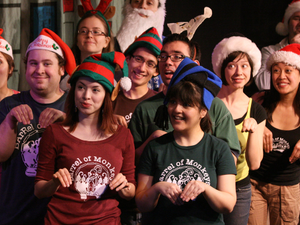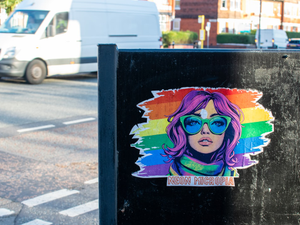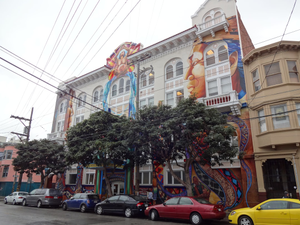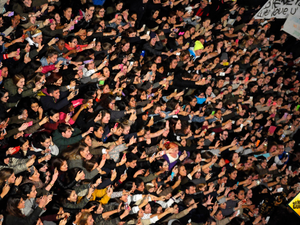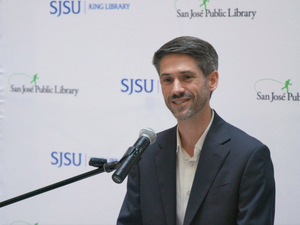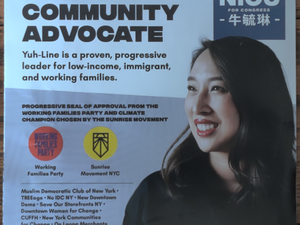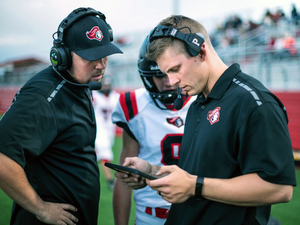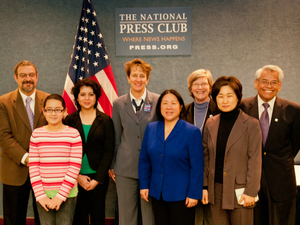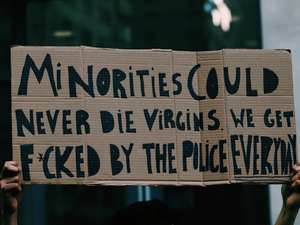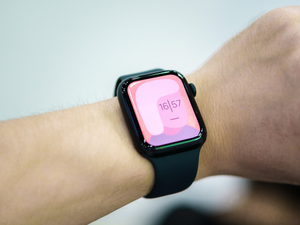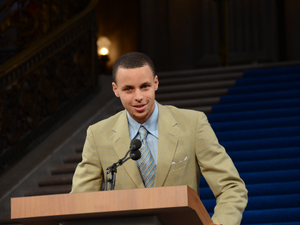Bruce Lee: The Icon Who Transformed Asian American Representation in Media
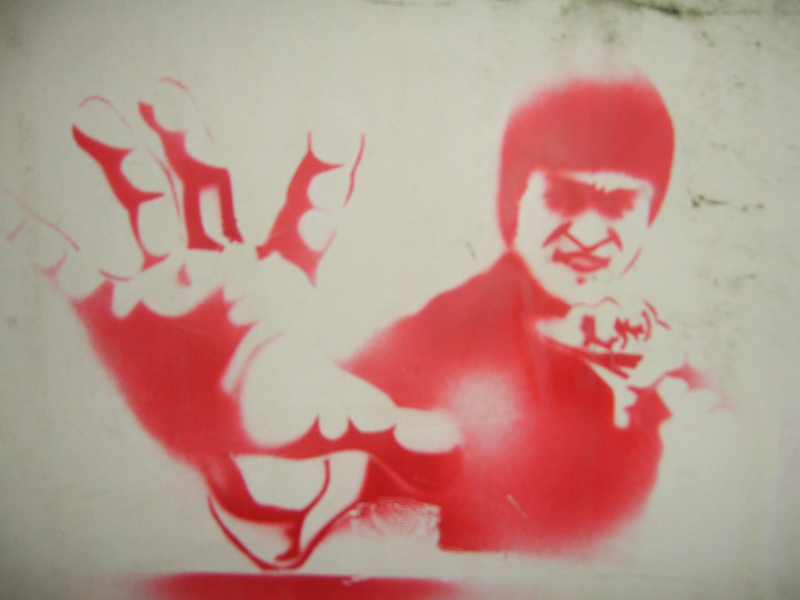
In the heart of cultural transformation, Bruce Lee emerged as more than just a martial arts star – he became a pivotal symbol of Asian American identity and resilience. Jeff Chang’s new book “Water Mirror Echo: Bruce Lee and the Making of Asian America” delves deep into Lee’s journey, revealing how a young man from San Francisco became a global icon who challenged Hollywood’s racist stereotypes.
Chang’s exploration goes beyond a traditional biography, examining how Lee’s legacy resonates across generations. During the pandemic, as anti-Asian violence surged, Lee’s image began appearing on murals in Chinatowns across major cities – a powerful testament to his enduring significance.
Lee’s path was far from straightforward. Born in San Francisco in 1940, he navigated complex cultural landscapes, from being a child star in Hong Kong to struggling against Hollywood’s limiting roles. As Kato in “The Green Hornet,” he was still confined to a servant character, but his determination never wavered.
His impact extended far beyond cinema. Lee developed his own martial arts philosophy, Jeet Kune Do, which became a metaphor for cultural hybridization and personal empowerment. Hip-hop artists like the Wu-Tang Clan drew inspiration from his rebellious spirit, creating unexpected cultural bridges.
Chang highlights how Lee represented more than physical strength – he embodied pride, unity, and the emerging Asian American identity. His life mirrored the broader narrative of a community finding its voice and challenging systemic marginalization.
Fifty years after his death, Lee’s influence continues to ripple through popular culture. From “Crazy Rich Asians” to “Everything Everywhere All at Once,” contemporary Asian American representation owes much to the groundwork he laid.
As Chang notes, Lee’s story is still unfolding – a testament to the ongoing struggle for authentic representation and cultural recognition. His legacy reminds us that true change comes from challenging existing narratives and creating space for diverse voices.
AUTHOR: mei
SOURCE: The Mercury News
